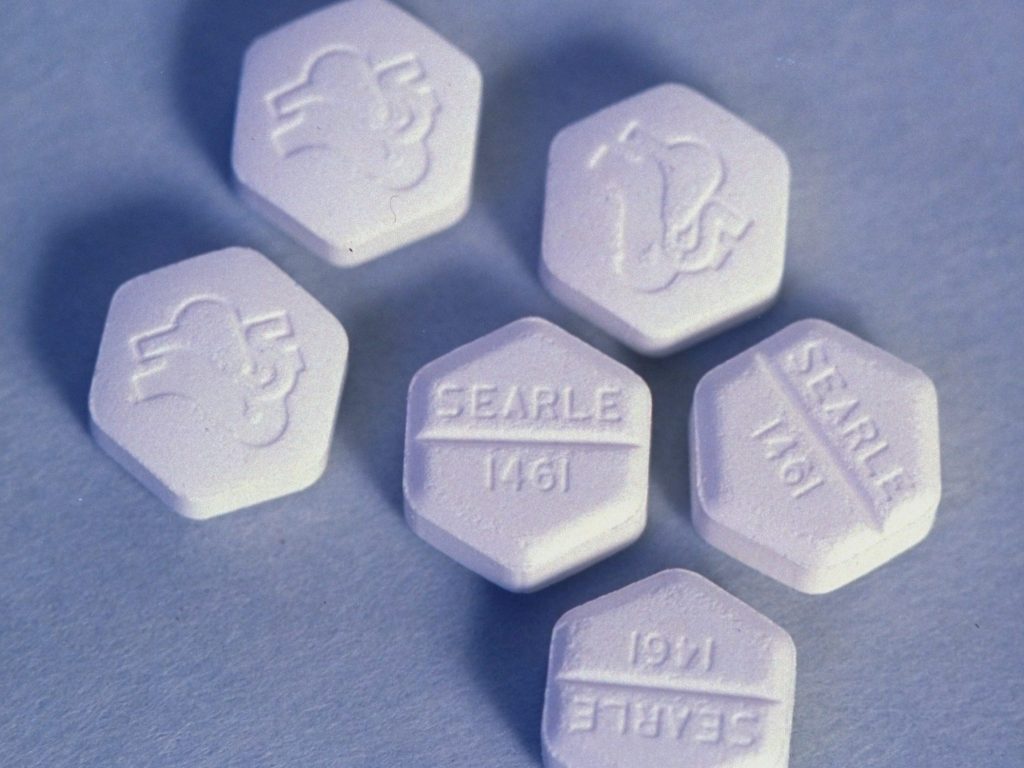- A woman told Insider she struggled getting mifepristone, also known as an abortion pill, for her miscarriage.
- The Supreme Court overturned Roe v. Wade on Friday, allowing states to ban abortions.
- Choix, a telehealth provider that delivers abortion pills, told Insider it has experienced a 600% spike in visitors to its website on Friday.
When Jasmine was finally told during an ultrasound on Tuesday that she had miscarried at six weeks, she said she was somewhat prepared to hear the news.
The 34-year-old from New York, who asked Insider not to publish her last name for privacy reasons, said she'd anticipated the outcome after two previous scans showed no heartbeat and then an abnormality.
It was already a heartbreaking loss, but Jasmine's pain was heightened because she was unable to get the pills she needed to pass the embryo for nearly four days.
She said her usual CVS pharmacy told her three times that the medication was not in stock and described how "waiting for something terrible to happen" took an emotional toll on both her and her family. The pharmacy didn't give a reason for the pills being out of stock, she said.
"I just wanted it to be over," Jasmine said. "I'd had this embryo that was not viable inside me for so long and felt like even an extra day was making a difference to me because it's just such an awful process."
She'd been prescribed two tablets, known as abortion pills, because they're also used to deliberately cause a termination.
"I think a lot of people don't realize that they're prescribed for the same purpose," Jasmine said.
The drug Jasmine required to start the process of clearing her uterus is called mifepristone. Her physician had instructed her to follow the standard two steps of taking mifepristone on day one and the recommended second drug of misoprostal on day two.
"The mifepristone wasn't in stock," said Jasmine, who said she wondered whether the lack of availability was due to the then upcoming Supreme Court decision on Roe v. Wade.
The Supreme Court overturned the landmark ruling that legalized abortion across the US on Friday.
She said she asked the nurse at her doctor's office whether people undergoing miscarriages or wanting abortions were rushing to get the same medication as her.
"I kept that conversation brief," Jasmine said. "It was almost like she hadn't even really had time to process it and she was just like, 'It could be, I don't really know.'"
Jasmine, who described her problem as "overwhelming," said she asked her husband to help her find the mifepristone pill she needed.
He was able to find it an independently-owned local pharmacy on Friday. But Jasmine, who has a two-year-old daughter, said she was "scared" about the future.
"I wish people would know that some of the rights being taken away aren't just for abortion," Jasmine added. "They're also taking away a woman's right to say: 'I've had so many tests and this embryo is not viable.'"
"Having a miscarriage is one of the most awful experiences and you just want it over with. And so you're taking the rights away from people like that as well," she said.
Interest in abortion pills has spiked, but an expert warns against stockpiling the drugs
Taken together, mifepristone and misoprostol stop pregnancy in people up to 11 weeks after their last period. Mifepristone blocks the production of a hormone needed to sustain pregnancy, and misoprostol causes the uterus to push out the embryo or fetus.
Choix, a telehealth provider that delivers abortion pills in three states, told Insider it has seen a 600% spike in the number of visitors to its website on the day of the Supreme Court ruling, as well as increased inquiries about the states it serves and types of care it provides.
After Politico published a leaked draft opinion in May showing the Supreme Court's decision to overturn Roe v. Wade, orders for and interest in abortion pills skyrocketed.
Honeybee Health, an online pharmacy, told Insider it saw an 80% increase in its average daily abortion-pill orders. Carafem, another provider, told Insider it had received more than 100 additional callers per day within one week of the leak.
Experts previously told Insider's Taiyler Simone Mitchell that hoarding abortion supplies creates "contraception deserts," limiting care from people who need immediate aid.
